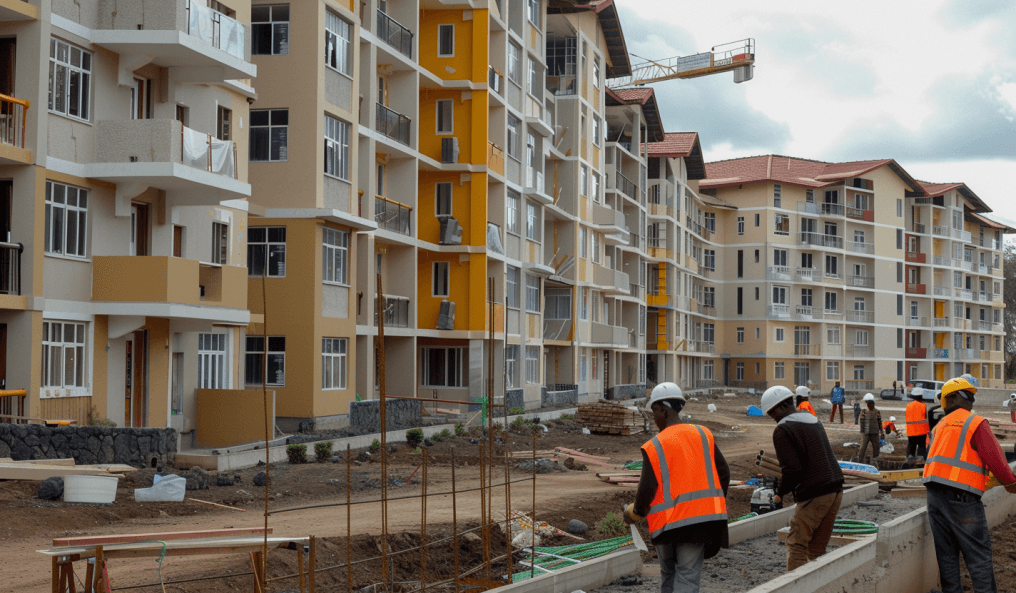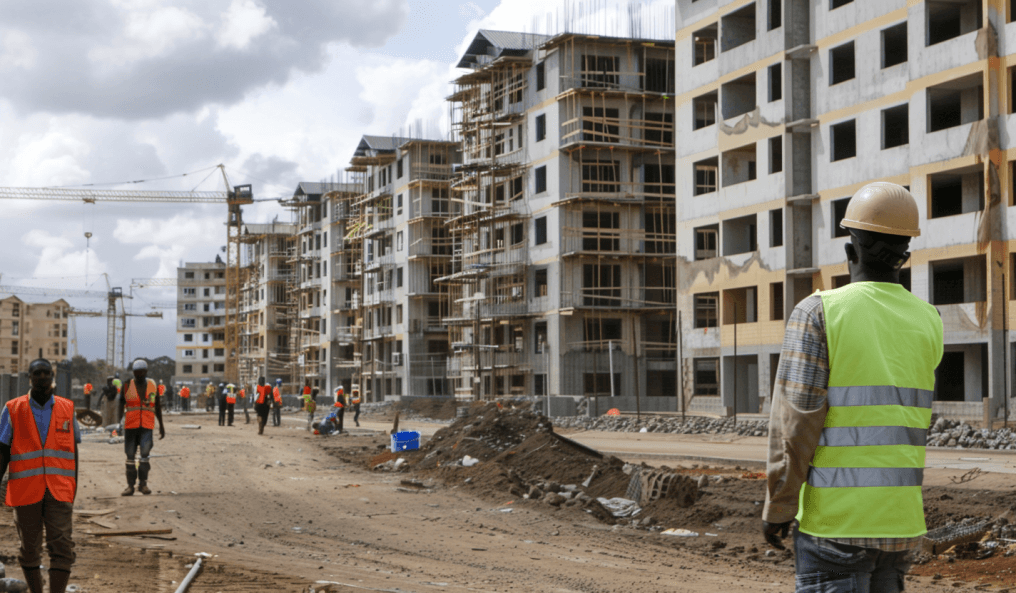Table of Contents
The Controversial Decision
In a significant legislative session that extended into the evening hours, President William Ruto’s allies in the Senate managed to secure a victory for the administration with the passage of the contentious Affordable Housing Bill, 2023.
READ ALSO: Understanding the National Housing Development Fund Kenya
Despite strong opposition and proposed amendments from Azimio la Umoja One Kenya Coalition senators, the Kenya Kwanza coalition demonstrated its parliamentary strength.
The final tally showed 27 senators in favor of the bill, 10 against, and 10 absent, marking a pivotal moment for the government’s housing policy.
Key Points of the Bill
- The housing levy will be set at 1.5% of gross salary or income, impacting both salaried and non-salaried Kenyans.
- A new Affordable Housing Fund will be established to manage the collected levy.
- The aim is to provide Kenyans with access to affordable housing units.
- The bill includes penalties for those who mismanage the housing levy funds.
Marathon Debate and Decisive Outcome
The Senate was abuzz as the debate over the Affordable Housing Bill, 2023, stretched nearly to the day’s end. The Deputy Speaker, Kathuri Murungi, announced the results, emphasizing the bill’s passage with government-favored amendments.
READ ALSO: The Dual Impact of the Housing Levy in Kenya – Opinion
This decision aligns with a previous court ruling that permitted the legislative process to proceed, despite earlier legal challenges.
Proposed Relief Thwarted
Attempts to modify the bill for broader relief were led by Nyamira Senator Okong’o Omogeni, who advocated for a cap on deductions and a lower levy rate.
However, these proposed amendments did not find favor during the voting process, leaving the government’s stance intact.
Omogeni’s suggestions aimed at easing the financial burden on Kenyans by excluding certain groups from the levy and allocating collected funds more locally, were notably ambitious but ultimately unsuccessful.
Government Amendments and Oversight
On the flip side, amendments proposed by the Roads, Transportation, and Housing committee offered some adjustments, including limiting individuals to a single housing unit and allowing for the withdrawal of savings under certain conditions.
These changes underscore the government’s intent to refine the housing levy’s application and ensure its alignment with affordable housing objectives.
Ripples Through Real Estate and Public Sentiment
This legislative outcome has significant implications for Kenya’s real estate landscape and the broader economy.

The Affordable Housing Bill, 2023, aims to extend the housing levy to a broader segment of the population, beyond just salaried employees.
READ ALSO: Pricing of The Affordable Housing Houses By The Government of Kenya
This expansion is seen as an effort to democratize the funding base for affordable housing projects but has sparked debate over fairness and implementation.
Forward Motion Amidst Controversy
With the bill now headed to President Ruto for assent, the path is clear for the reintroduction of the housing levy, previously stalled by legal hurdles.
The government’s rush to pass this bill indicates a strong commitment to its affordable housing agenda, despite the contentious backdrop and the palpable tension in parliamentary proceedings.
A Future Shaped by Policy
The Affordable Housing Bill’s passage marks a crucial step in President Ruto’s policy direction, potentially transforming Kenya’s housing sector.
However, as this legislative chapter closes, the real work begins: implementing a policy that balances economic feasibility with the genuine housing needs of Kenyans across the spectrum.
As the dust settles, the focus shifts to the execution of this ambitious policy, watching closely how it unfolds in the realms of real estate, finance, and the day-to-day lives of Kenyans.
The debate around the Affordable Housing Levy underscores the ongoing struggle between policy ambition and public consensus, a dynamic that continues to shape the nation’s developmental trajectory.



